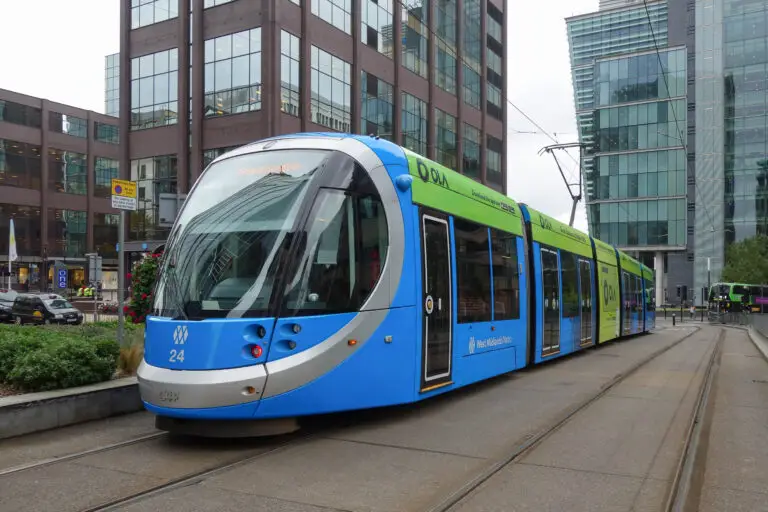Research by PLMR finds 1 in 2 people believe that regional Metro Mayors should have greater control over local planning policy.
- The research also reveals a lack of faith in local authorities to deliver the new homes needed for their local areas
- Development on greenbelt land is also favoured if proposals deliver more affordable homes and employment opportunities
- The findings come on the eve of local elections taking place on 2nd May, with voters set to elect 10 Metro Mayors across the country
Research into attitudes towards local planning policy has found the public supports handing greater control over to elected Metro Mayors – powers which currently lie with local authorities.
With voters heading to the polls on 2nd May, the research suggests there is a strong appetite for enhancing the powers of elected Metro Mayors, with 10 mayoral contests set to take place. Support for giving mayors greater responsibility for planning was particularly high in London, the North West and West Midlands – where the study found a majority of people backing the shift.
Meanwhile, the study by PLMR’s specialist Built Environment practice, which surveyed over 2,300 people, found that almost half of the public (46%) do not have faith in their local authority to deliver the new housing that their local area needs.
PLMR’s research also found more people would favour development on greenbelt land if this meant that more affordable housing and job opportunities would be created. Almost half of respondents (49%) also said they were not familiar with the Local Development Framework, known as a Local Plan, for their area.
Will Savage, Board Director at PLMR, said:
“Across the country, we have witnessed how planning policy can be a hindrance rather than an enabler for high-quality housing developments to come forward. The result of this often convoluted and complex system is an acute housing shortage which successive governments have struggled to address.
“However, with Metro Mayors now an established role within the political landscape, it is no surprise that the public sees an opportunity to shift greater responsibility for planning into their remit. The rollout of ‘trailblazer devolution deals’ to the West Midlands and Greater Manchester Combined Authorities similarly demonstrates the growing recognition of the strategic value elected mayors bring to their regions.
“With housing a key issue in the upcoming local and mayoral elections, our research shows that there is a real desire amongst voters to reform where responsibility for planning lies. By doing so, many see that this could pave the way to unlock more housing and commercial opportunities across the country.”
Lauren Whipp, Head of PLMR’s Built Environment practice said:
“The key to delivering the housing that the country needs is robust and comprehensive engagement with local communities. It is therefore concerning, albeit unsurprising, that the
results show that almost half of the public are not familiar with the Local Plan for their area. This plays a crucial role in determining when and where developments, including housing, come forward.
“Indicative of the disconnect between local policy and the wishes of communities, the research suggests favourable attitudes towards bringing forward development on greenbelt land, if this will enable the delivery of more affordable housing and employment opportunities. Taken together, there is a pressing need to better engage with the public to ensure that the wishes and desires of communities are better reflected in their local built environment.”





